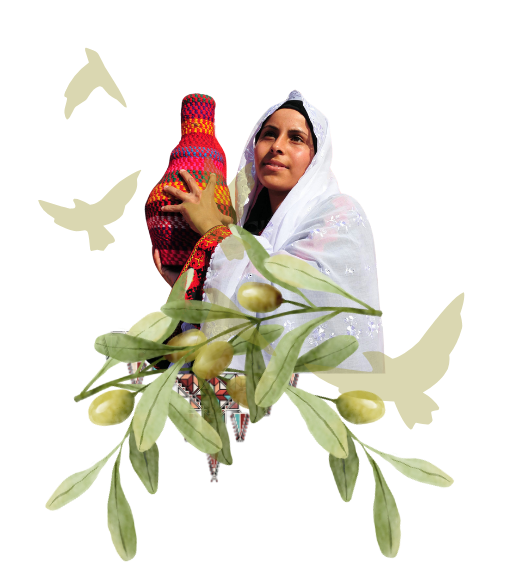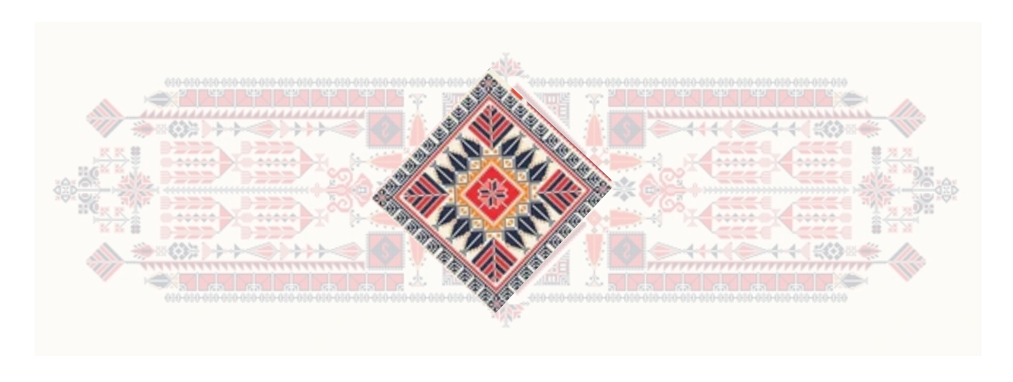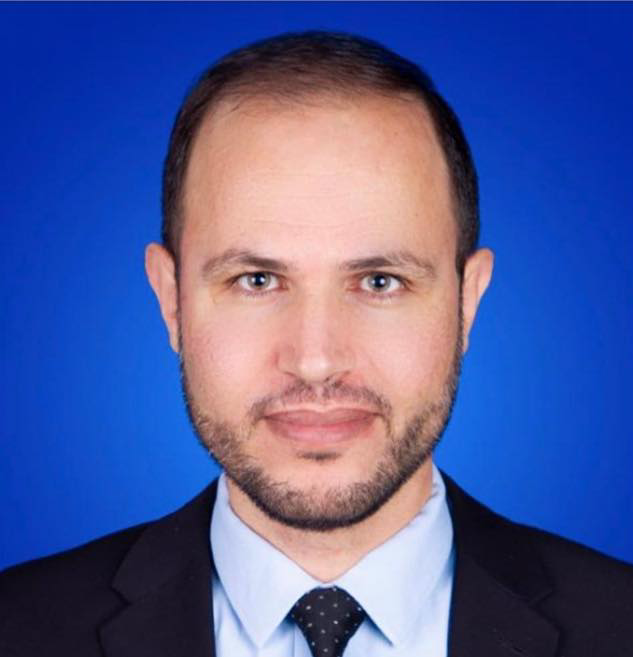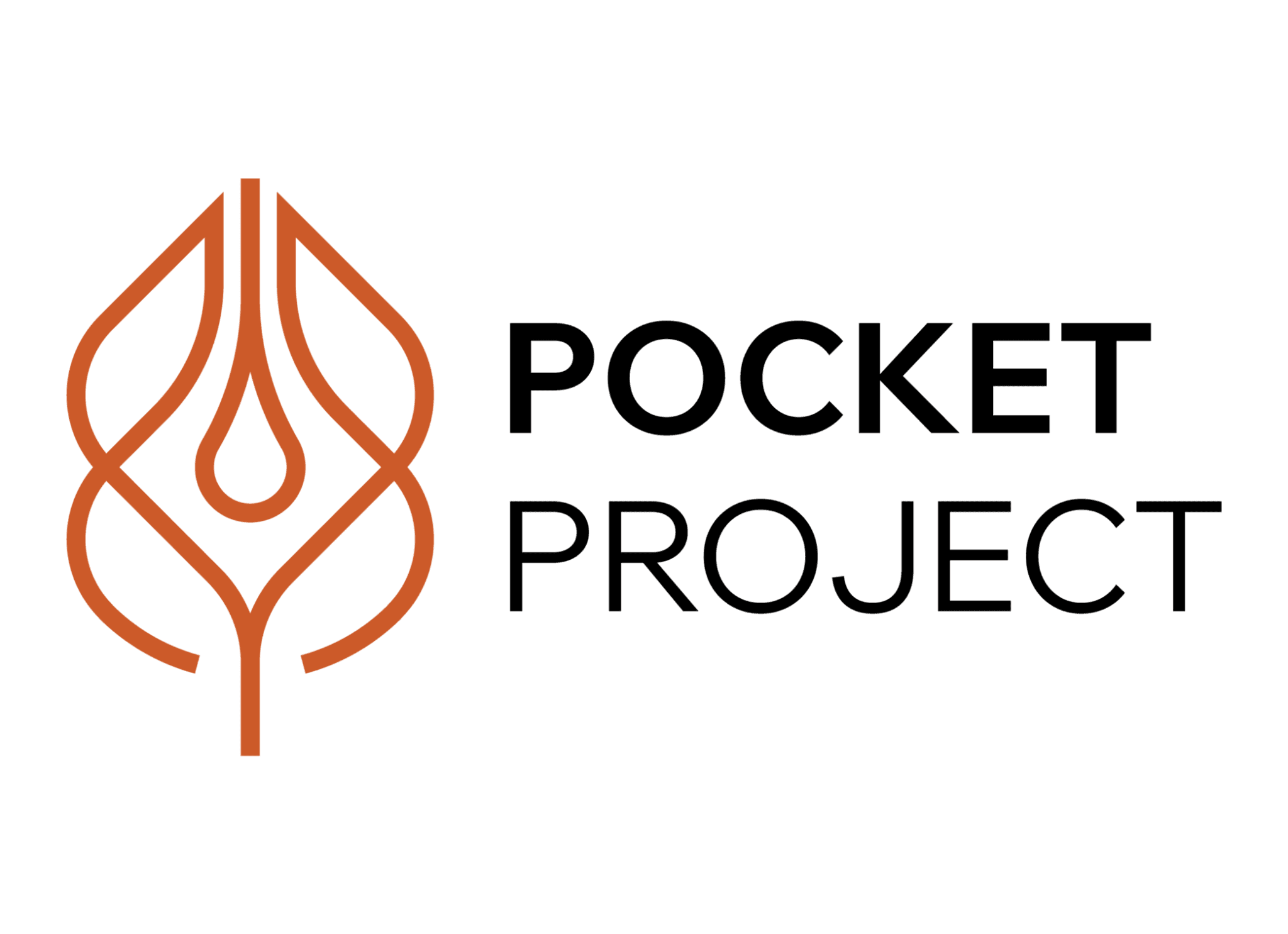Palestine Trauma Relief Project
Palestinians in Gaza, the West Bank, East Jerusalem, and around the world are living through overwhelming levels of loss, displacement, and ongoing structural violence. Many are carrying intergenerational wounds from the Nakba and decades of occupation, alongside the acute trauma of recent years.
According to Gaza health authorities, more than 70,000 Palestinians have been killed, over 100,000 injured, and Gaza now has the highest number of amputated children per capita anywhere in the world. Nearly the entire population has been displaced, many repeatedly. These realities shape every aspect of Palestinian life and wellbeing.
The Palestine Trauma Relief Project (PTRP) offers culturally grounded, trauma-informed resilience coaching and social-psychological support for Palestinians everywhere. Our work is led by Palestinian professionals and grounded in dignity, cultural identity, and the recognition of structural power asymmetry.
Healing is not neutral — it requires the courage to name reality while offering spaces of presence, care, and resilience.
We welcome you to our community and invite you to join our Palestine Newsletter. This way, you can stay connected and informed about the resources and community support available through the Pocket Project.

Newsletter
We welcome you to our community and invite you to join our Palestine Newsletter. This way, you can stay connected and informed about the resources and community support available through the Pocket Project.
Upcoming Events
6-Session Expressive Arts Therapy Program
From February to April, we are offering two Expressive Arts Therapy programs created for Palestinians in Diaspora and Palestinian Healthworkers in Palestine respectively. This is a space to remember where we come from, reclaim what lives within us, and reimagine futures shaped by sumud (steadfastness), creativity, and care - carrying Palestine with us, wherever we are.🌿
Core Components of the Project
Individual Resilience Coaching
The Pocket Project offers a trauma-informed, non-therapeutic setting to help Palestinians strengthen resilience and self-regulation amid ongoing adversity. Through confidential one-to-one sessions, Palestinian facilitators guide individuals in processing experience and restoring presence and safety.
Resilience Group Calls
Community support groups foster mutual aid, resource activation, and collective healing. These safe spaces allow participants to witness and support one another, build trust, and deepen shared resilience in the face of uncertainty, isolation, and continuing stress.
Resilience and Self-Regulation Training
Practices embedded in Palestinian culture help individuals manage trauma and emotional overwhelm. Empowerment workshops strengthen a sense of belonging, restore dignity, and cultivate inner resources for endurance, hope, and personal and communal growth.
Global Outreach and Community Building
Many Palestinians live far from home, carrying inherited trauma and displacement. Through online networks, we connect global communities for shared healing and belonging, and partner with Palestinian organizations to widen access and strengthen collective impact.
Our Approach
The Palestine Trauma Relief Project is grounded in cultural sensitivity, integrity, and trauma-informed awareness of historical and structural realities.
We recognize that Palestinians live under conditions of prolonged occupation and structural inequality. Our work honors these truths while creating nurturing spaces for emotional recovery, inner strengthening, and mutual support.
A team of Palestinian coaches, educators, and social-psychological support practitioners delivers personalized accompaniment that respects each person’s story and cultural roots.
Support is offered free of charge.
Sessions are confidential and available in Arabic and English.
Together, we aim to strengthen the threads of resilience and dignity that sustain Palestinian communities across generations.

The Pocket Project is working to provide a healing impulse for Palestinians in Gaza, the West Bank, and Diaspora, by providing psychological support and social structure. The project also responds to the acute survival needs of Palestinian individuals in need of help in this difficult time.
How to Support the Trauma Relief Project:
Donate
The Pocket Project, a non-profit organization, relies on financial contributions to realize Social Impact Projects such as this vital initiative. Your donations enable us to contribute to the healing of collective trauma and reduce its disruptive effects on our global culture.
Every donor is an active participant in this vision. Your contribution directly supports Palestinian professionals delivering psychosocial care and the Palestinian individuals and families receiving trauma relief support.
Would you like to help sustain this work?
Your donation will help bring stability, healing, and hope to Palestinian communities living through extraordinary hardship.
Engage
1:1 Resilience Coaching
Are you Palestinian and feel that you would benefit from receiving support? Please fill in the form now to request an individual call. You will be matched with a Palestinian professional. Our calls are confidential, conducted via video conference or chat, in Arabic or English, and free of charge.
Join Resilience
Circle
Would you like to take part in a group support call? Please fill in the form now to register your interest. You will be matched with a Palestinian-led group appropriate to your situation. All sessions are confidential, conducted via video conference or chat, in Arabic or English, and free of charge.
Join our Team
Are you a certified Palestinian coach, therapist, or psychosocial professional who would like to contribute to this initiative?
We welcome qualified practitioners who share our commitment to collective healing and cultural sensitivity.

Sometimes a homeland becomes a tale. We love the story because it is about our homeland and we love our homeland even more because of the story.
Refaat Alareer, Gaza Writes Back
Past Calls
Registrations are closed for this event
Registrations are closed for this event
Registrations are closed for this event
Registrations are closed for this event
Registrations are closed for this event


 Combatants for Peace
Combatants for Peace